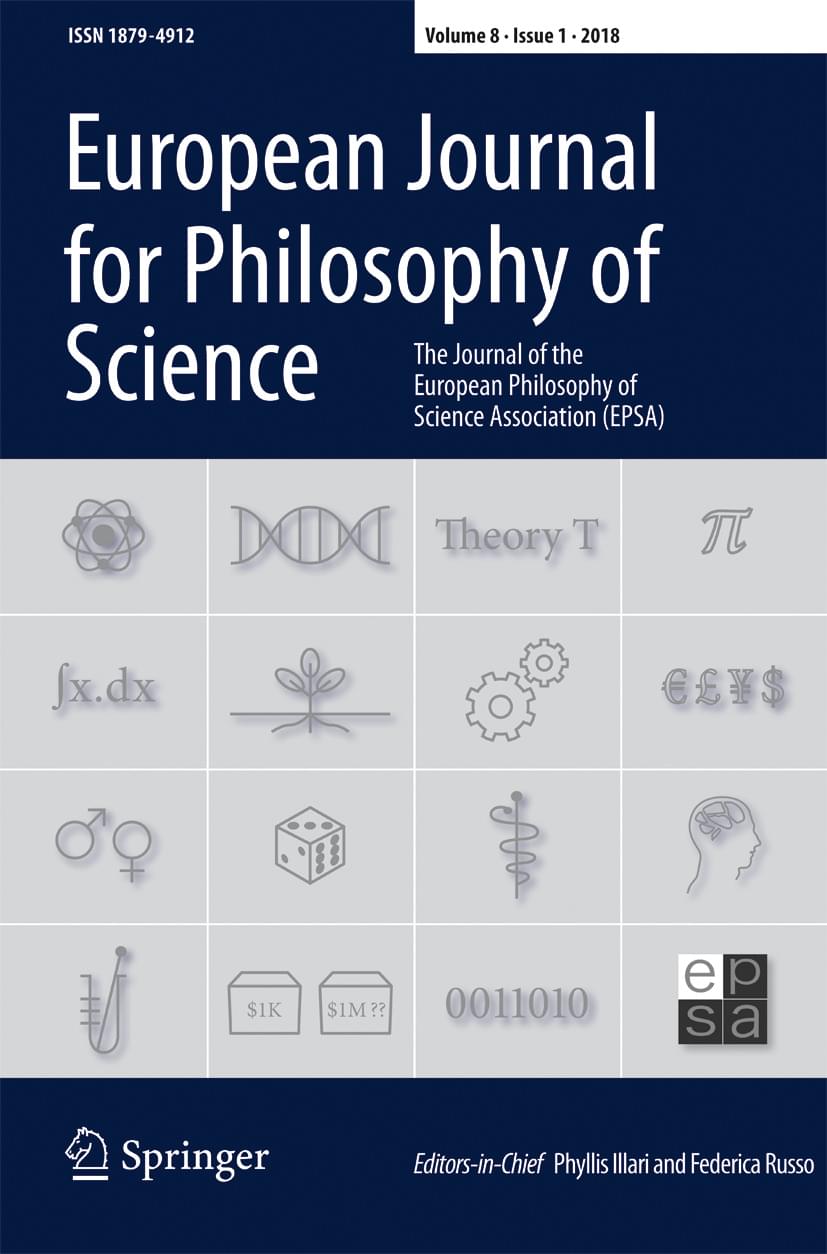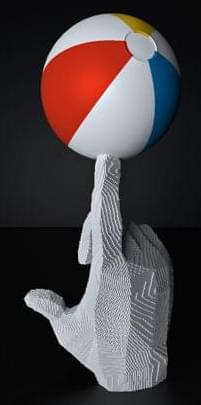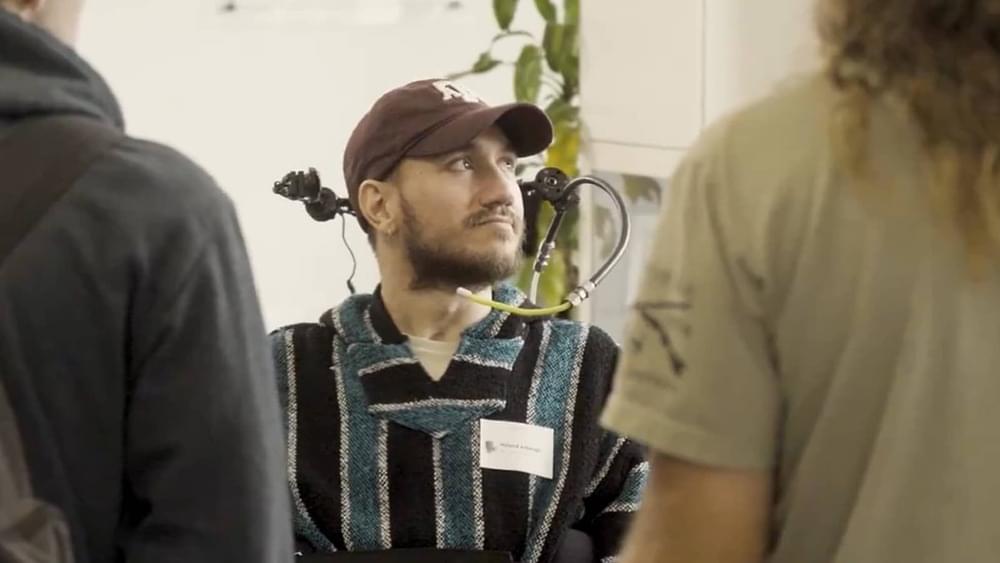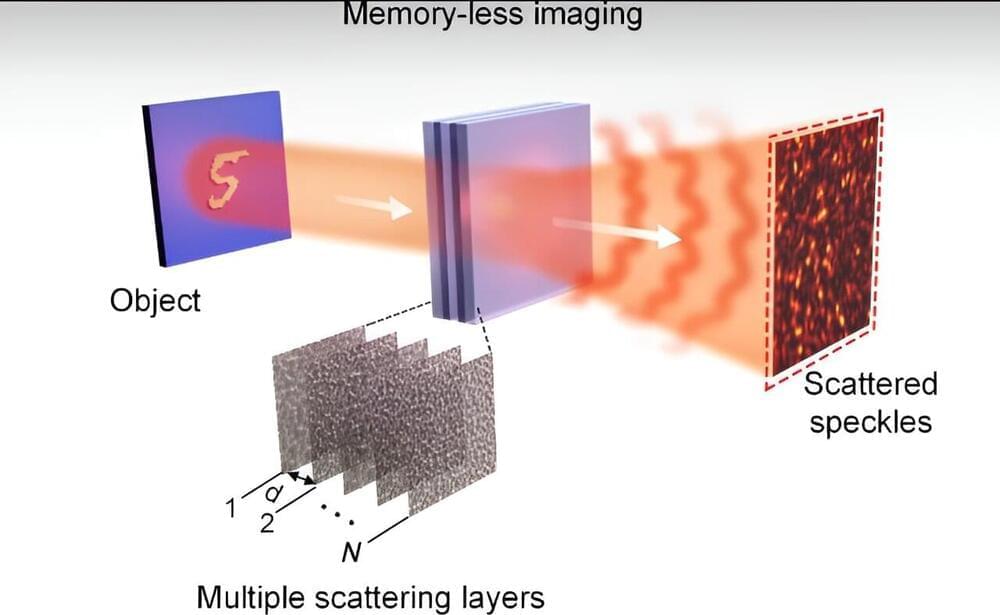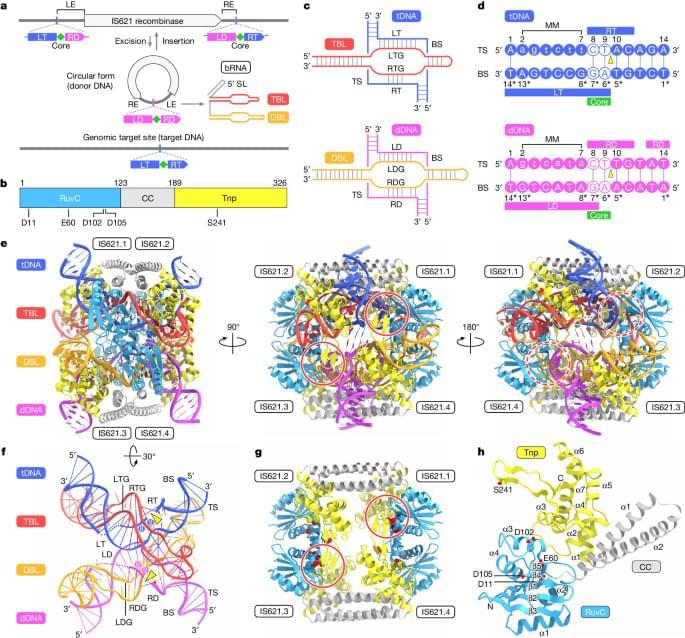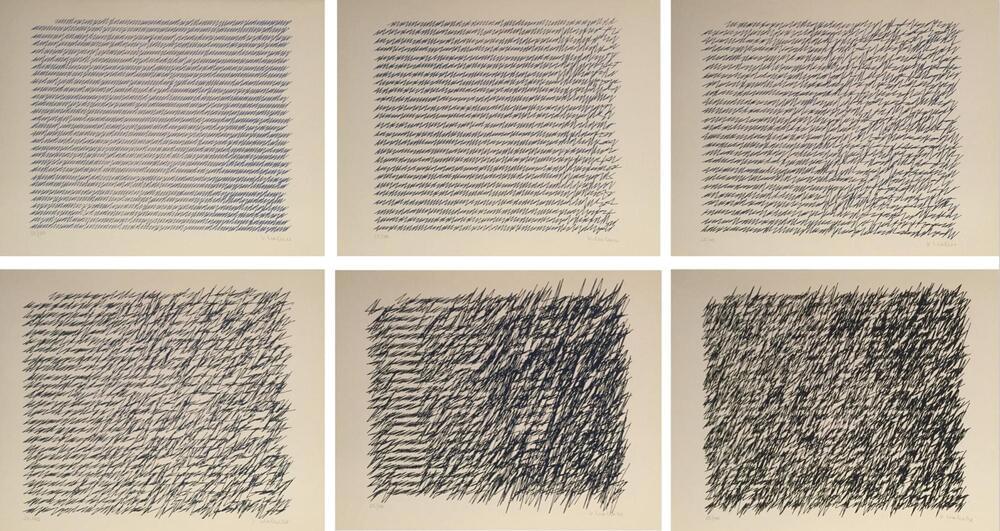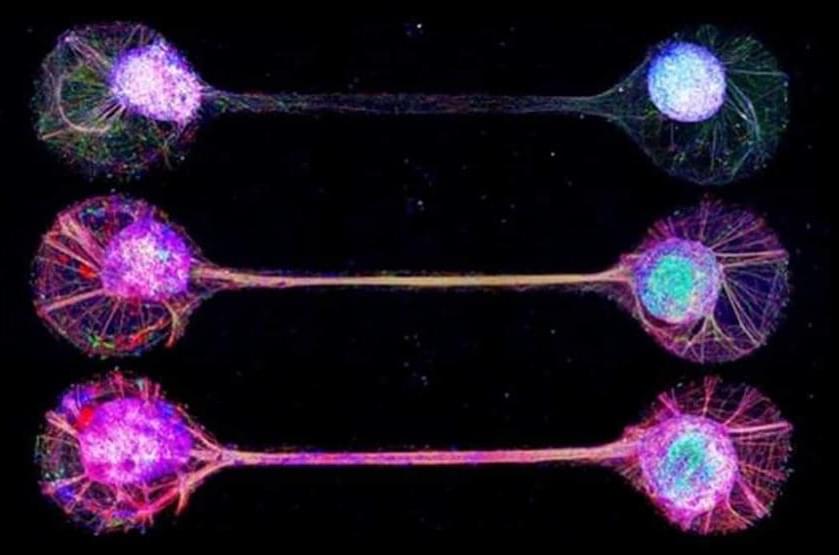Artificial intelligence algorithms, fueled by continuous technological development and increased computing power, have proven effective across a variety of tasks. Concurrently, quantum computers have shown promise in solving problems beyond the reach of classical computers. These advancements have contributed to a misconception that quantum computers enable hypercomputation, sparking speculation about quantum supremacy leading to an intelligence explosion and the creation of superintelligent agents. We challenge this notion, arguing that current evidence does not support the idea that quantum technologies enable hypercomputation. Fundamental limitations on information storage within finite spaces and the accessibility of information from quantum states constrain quantum computers from surpassing the Turing computing barrier.
THE SINGULARITY IS NEARER: When We Merge With A.I., by Ray Kurzweil ______ A central conviction held by artificial intelligence boosters, but largely ignored in public discussions of the technology, is that the ultimate fulfillment of the A.I. revolution will require the deployment of microscopic robots into our veins. In the short term, A.I. may help us print clothing on demand, help prevent cancer and liberate half of the work force. But to…
DGIST’s Electrical Engineering and Computer Science Professor Jang Jae-eun and Professor Kwon Hyuk-jun and their research team have developed a high-efficiency process technology for next-generation AI memory transistors. The work is published online in Advanced Science.
The team developed a nanosecond pulsed laser-based “selective heat treatment method” and “thermal energy minimization control process technology” to overcome the shortcomings of the high-temperature process of ferroelectric field-effect transistors, which have non-volatile memory characteristics, high-speed operation, low power consumption, long lifetime, and durability.
The new technology process enables the realization of heterojunction structures, which are the core technology of next-generation AI semiconductors.
Hacking my brain implant wouldn’t do much, he asserted, adding, “You might be able to see like some of the brain signals. You might be able to see some of the data that Neuralink’s collecting.”
Get ready to catch the final stages of the World Cup only on Crickit. Anytime, Anywhere. Explore now!
Norland Arbaugh did not specify the data that is being collected by Neuralink chip which is almost the size of a coin and contains thousands of electrodes that monitor and stimulate brain activity, as per the company. This information is digitally transmitted to researchers.
Explore the uncanny valley AI phenomenon, its impact on technology and design, and strategies for creating AI that bridges the gap between human and machine.
Convolutional neural networks (CNNs), with their exceptional image recognition capabilities, have performed outstandingly in the field of AI and notably within platforms like ChatGPT. Recently, a team of Chinese researchers from University of Shanghai for Science and Technology have successfully introduced the concept of CNNs into the field of optics and realized convolutional all-optical neural network, bringing revolutionary progress to AI imaging technology.
Led by Prof. Min Gu and Prof. Qiming Zhang from School of Artificial Intelligence Science and Technology (SAIST) at the University of Shanghai for Science and Technology (USST), the research team has developed an ultrafast convolutional optical neural network (ONN), which achieves efficient and clear imaging of objects behind scattering media without relying on the optical memory effect.
This finding was published in the journal Science Advances, in a paper titled “Memory-less scattering imaging with ultrafast convolutional optical neural networks.”
Mathematics suggested that time travel is physically possible – and Kurt Gödel proved it. Mathematician Karl Sigmund explains how the polymath did it.
By Karl Sigmund
Using cryo-electron microscopy, the structural mechanism by which non-coding bridge RNA confers target and donor DNA specificity to IS110 recombinases for programmable DNA recombination is explored.
What are good policy options for academic journals regarding the detection of AI generated content and publication decisions? As a group of associate editors of Dialectica note below, there are several issues involved, including the uncertain performance of AI detection tools and the risk that material checked by such tools is used for the further training of AIs. They’re interested in learning about what policies, if any, other journals have instituted in regard to these challenges and how they’re working, as well as other AI-related problems journals should have policies about. They write: As associate editors of a philosophy journal, we face the challenge of dealing with content that we suspect was generated by AI. Just like plagiarized content, AI generated content is submitted under false claim of authorship. Among the unique challenges posed by AI, the following two are pertinent for journal editors. First, there is the worry of feeding material to AI while attempting to minimize its impact. To the best of our knowledge, the only available method to check for AI generated content involves websites such as GPTZero. However, using such AI detectors differs from plagiarism software in running the risk of making copyrighted material available for the purposes of AI training, which eventually aids the development of a commercial product. We wonder whether using such software under these conditions is justifiable. Second, there is the worry of delegating decisions to an algorithm the workings of which are opaque. Unlike plagiarized texts, texts generated by AI routinely do not stand in an obvious relation of resemblance to an original. This renders it extremely difficult to verify whether an article or part of an article was AI generated; the basis for refusing to consider an article on such grounds is therefore shaky at best. We wonder whether it is problematic to refuse to publish an article solely because the likelihood of its being generated by AI passes a specific threshold (say, 90%) according to a specific website. We would be interested to learn about best practices adopted by other journals and about issues we may have neglected to consider. We especially appreciate the thoughts of fellow philosophers as well as members of other fields facing similar problems. — Aleks…
Summary: Researchers successfully connected lab-grown brain tissues, mimicking the complex networks found in the human brain. This novel method involves linking “neural organoids” with axonal bundles, enabling the study of interregional brain connections and their role in human cognitive functions.
The connected organoids exhibited more sophisticated activity patterns, demonstrating both the generation and synchronization of electrical activity akin to natural brain functions. This breakthrough not only enhances our understanding of brain network development and plasticity but also opens new avenues for researching neurological and psychiatric disorders, offering hope for more effective treatments.
